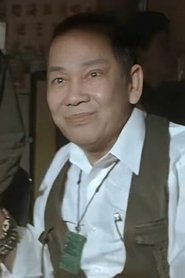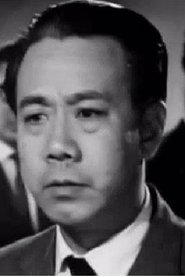
N/A

Yu-Hsin Chen was born on August 24, 1919 in Tongshan, Jiangsu, China. He is an actor and writer, known for The Crimson Palm (1964), Shen jian shuang feng (1970) and Zhandian sao gao yu zhuang (1982).

N/A

N/A

N/A

N/A